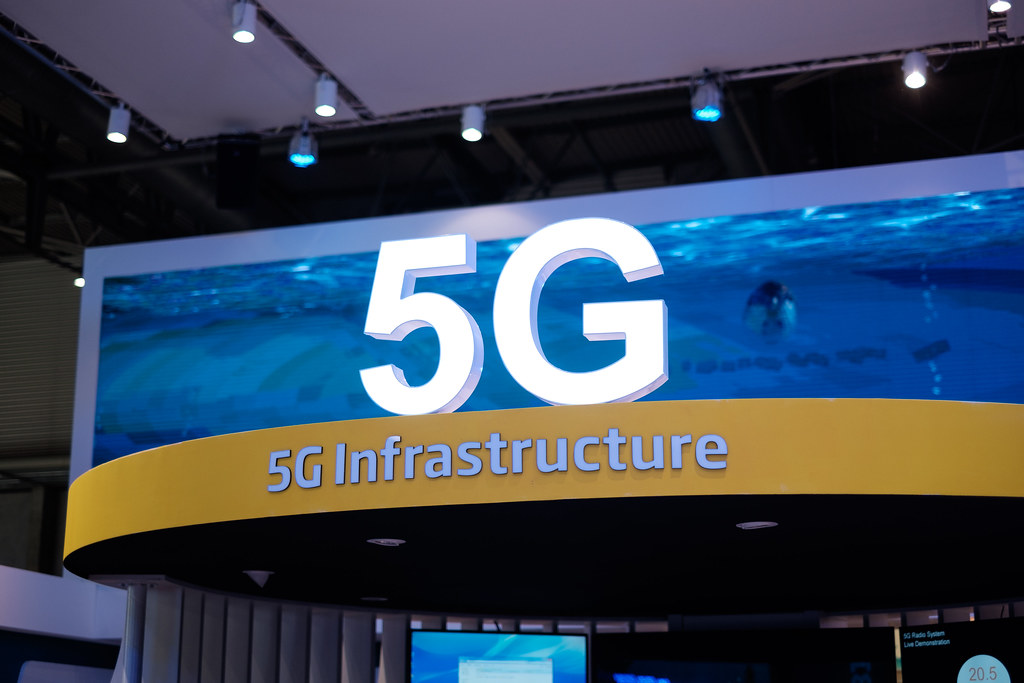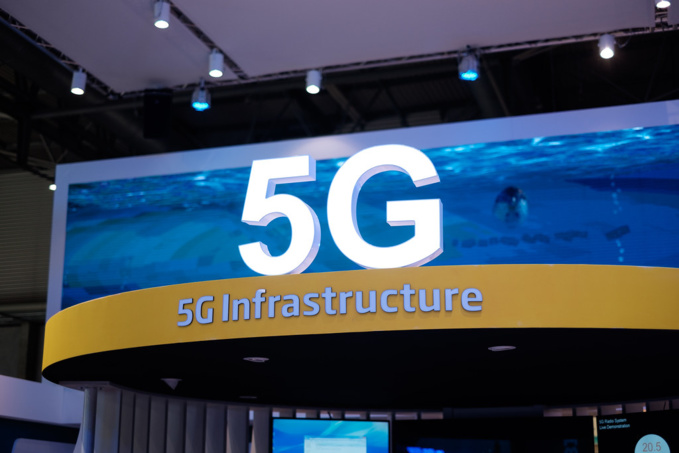US President Donald Trump on Wednesday signed a decree that gives the government the authority to block information and communications technology transactions that "pose an unacceptable risk to the national security of the United States."
According to the decree, acquisition or use of technologies “designed, developed, manufactured or provided by persons belonging to foreign opponents, controlled by them or under their jurisdiction or direction” may be blocked.
Huawei is not mentioned in the decree, but Chinese technology companies have long been under the scrutiny of Washington. The United States suspects them of having links with the Chinese government and fears that they may be used by Beijing for covert espionage.
Washington is also trying to persuade allied provider companies to stop using Huawei equipment. However, the company itself and the Chinese government deny any violations.
Huawei's chairman of the board, Liang Hua, said this week that the company is ready to include provisions in its government contracts to prevent the possibility of espionage from Beijing.
Huawei told CNBC that further steps to block it in the US market could have a detrimental effect on the development of 5G technology in the United States.
Of serious concern is also the statement by the US Department of Commerce. It says that the country can add Huawei to the list of companies whose activities are contrary to US national interests. This means that US companies will need to obtain special licenses for the sale or transfer of Huawei technologies. The Chinese company uses some components from US suppliers, such as Intel and Qualcomm, for the production of smartphones and laptops.
However, in recent years, Huawei has developed its own chips for its smartphones in order to reduce dependence on other firms. According to IDC, in 2018, 73% of Huawei’s smartphones contained the company's own chips. Another 10% contained chips from the Taiwanese company MediaTek, and the remaining 17% - from Qualcomm.
source: cnbc.com
According to the decree, acquisition or use of technologies “designed, developed, manufactured or provided by persons belonging to foreign opponents, controlled by them or under their jurisdiction or direction” may be blocked.
Huawei is not mentioned in the decree, but Chinese technology companies have long been under the scrutiny of Washington. The United States suspects them of having links with the Chinese government and fears that they may be used by Beijing for covert espionage.
Washington is also trying to persuade allied provider companies to stop using Huawei equipment. However, the company itself and the Chinese government deny any violations.
Huawei's chairman of the board, Liang Hua, said this week that the company is ready to include provisions in its government contracts to prevent the possibility of espionage from Beijing.
Huawei told CNBC that further steps to block it in the US market could have a detrimental effect on the development of 5G technology in the United States.
Of serious concern is also the statement by the US Department of Commerce. It says that the country can add Huawei to the list of companies whose activities are contrary to US national interests. This means that US companies will need to obtain special licenses for the sale or transfer of Huawei technologies. The Chinese company uses some components from US suppliers, such as Intel and Qualcomm, for the production of smartphones and laptops.
However, in recent years, Huawei has developed its own chips for its smartphones in order to reduce dependence on other firms. According to IDC, in 2018, 73% of Huawei’s smartphones contained the company's own chips. Another 10% contained chips from the Taiwanese company MediaTek, and the remaining 17% - from Qualcomm.
source: cnbc.com



















